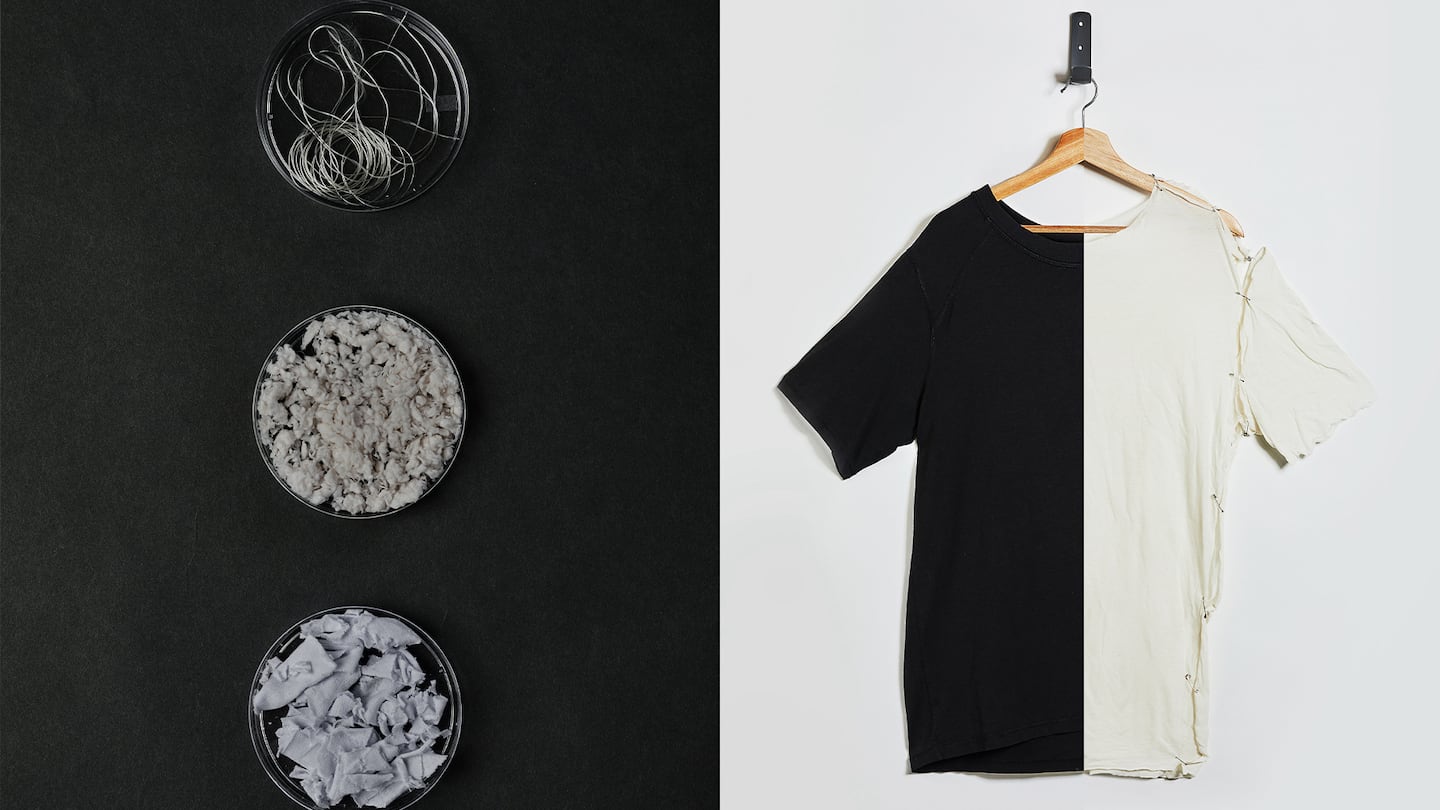
The Business of Fashion
Agenda-setting intelligence, analysis and advice for the global fashion community.

Agenda-setting intelligence, analysis and advice for the global fashion community.

Zara-owner Inditex is joining the growing number of major fashion brands investing in sustainability-focused start-ups as pressure to deliver on high-profile commitments to curb fashion’s environmental impact mounts.
The company is among the investors funding textile-to-textile recycling company Circ’s latest round. The Series B raised more than $30 million, with other participants including Bill Gates-founded Breakthrough Energy Ventures, textiles manufacturer Milliken & Company and trading firm Marubeni, the Virginia, US-based start-up said Tuesday.
While the size of Inditex’s participation was not disclosed, the Spanish fast-fashion giant said this was its first investment in a clean technology company.
The move comes as activity in the “clean tech” space intensifies, fuelled by growing consumer appetite for fashion products with a lower environmental footprint, regulatory pressure and policy shifts aimed at curbing the industry’s impact, and investor demands that businesses demonstrate they are tackling climate risk. Companies have responded with high-profile commitments to reduce the environmental impact of the clothes they sell and are turning to innovative start-ups to help them meet those targets.
ADVERTISEMENT
Inditex has set a goal for all the polyester in its collections to be recycled by 2025. Efforts to reduce the impact of other materials, like cotton, also include sourcing more recycled material.
Earlier this year, the company signed a €100 million ($101 million) off-take contract with Finnish textile-to-textile recycling company Infinited Fiber Company, which is in the process of building an industrial-scale plant capable of turning textile waste into a cotton-like fibre. The three-year agreement secures Inditex 30 percent of its future annual production.
The investment in Circ is a bet on another recycling technology with ambitions to scale, one that is focused on tackling a big technical challenge facing the sector: the difficulty of recycling fabrics that mix natural fibres like cotton with synthetics like polyester. Circ’s technology can separate these blends, returning them to the raw materials from which they were made.
The company currently has the capacity to recycle about four to five tonnes of material a day, a fraction of the global market. The new funds will allow it to complete engineering work for larger-scale facilities while working on commercial launches with brand partners.
“Circularity is here to stay, but it’s disruptive and it’s not going to be easy,” said Circ chief executive Peter Majeranowski. “We want to work with the biggest and best brands out there because that brings scale.”
For more BoF sustainability coverage, sign up now for our new Weekly Sustainability Briefing by Sarah Kent.
 Opens in new window
Opens in new windowEditors Note: This article was revised on 12 July, 2022. An earlier version misstated that Circ's technology can be used to recycle stretch jeans and yoga pants. This is incorrect. The company is focused on recycling blends of polyester and cotton, and not the spandex typically used in these types of garments..
Brands are pursuing a raft of initiatives to adopt recycled textiles, regeneratively farmed cotton and mushroom-based leather, but giving fashion’s major materials a sustainability makeover still requires billions of dollars worth of investments and deeper, longer-term commitments to scale. BoF breaks down some of the key innovations, the companies leading the charge and the barriers to change.
The scaling of closed-loop recycling could help reduce fashion’s environmental impact at the materials level. The technologies to make this happen are maturing, creating an opportunity for companies to embed them in a product’s design phase while adopting processes to enable scaling.
Scaling technology that can recycle old clothes back into new ones has eluded the industry for a decade. A series of new projects this year suggest fashion may be nearing a tipping point.

Sarah Kent is Chief Sustainability Correspondent at The Business of Fashion. She is based in London and drives BoF's coverage of critical environmental and labour issues.
The fashion industry continues to advance voluntary and unlikely solutions to its plastic problem. Only higher prices will flip the script, writes Kenneth P. Pucker.
The outerwear company is set to start selling wetsuits made in part by harvesting materials from old ones.
Companies like Hermès, Kering and LVMH say they have spent millions to ensure they are sourcing crocodile and snakeskin leathers responsibly. But critics say incidents like the recent smuggling conviction of designer Nancy Gonzalez show loopholes persist despite tightening controls.
Europe’s Parliament has signed off rules that will make brands more accountable for what happens in their supply chains, ban products made with forced labour and set new environmental standards for the design and disposal of products.